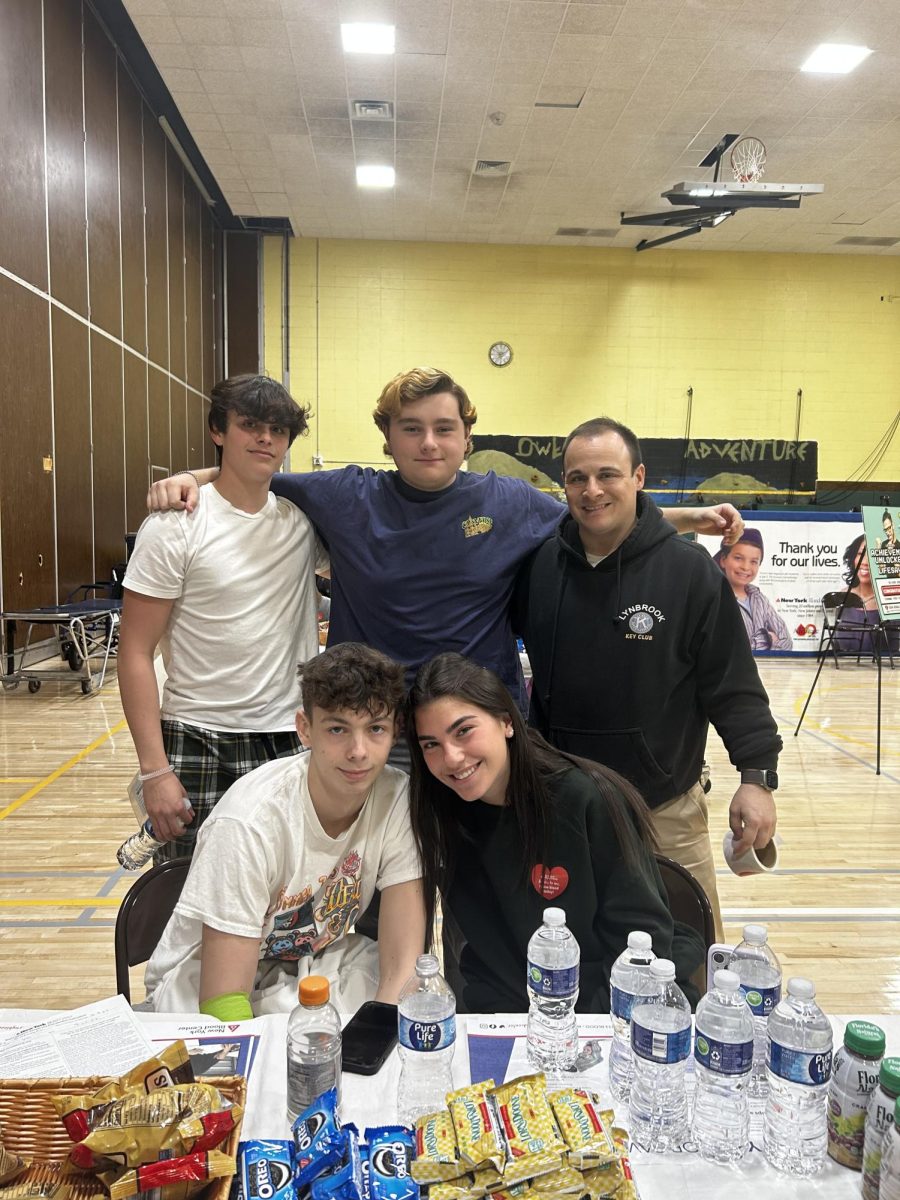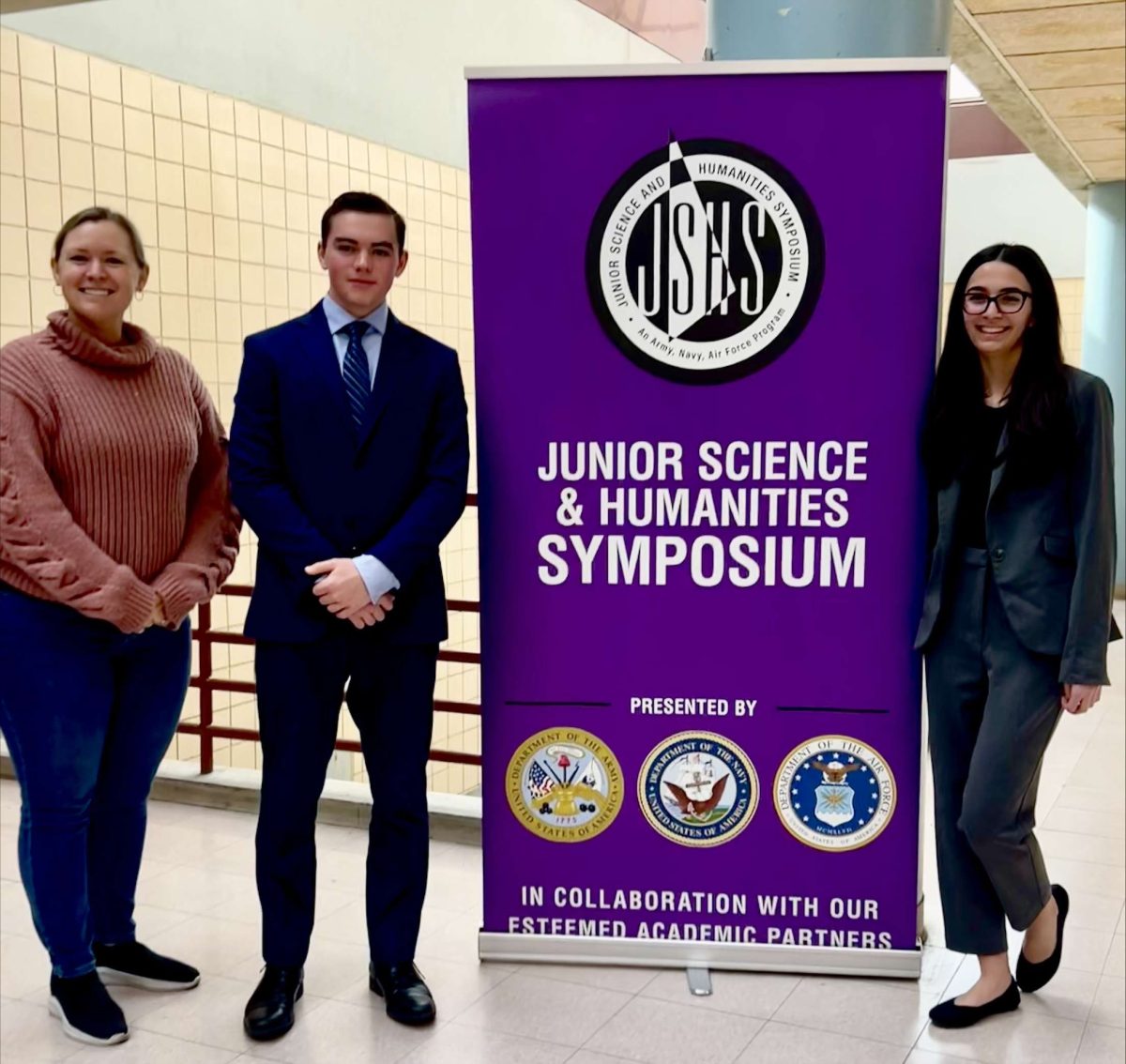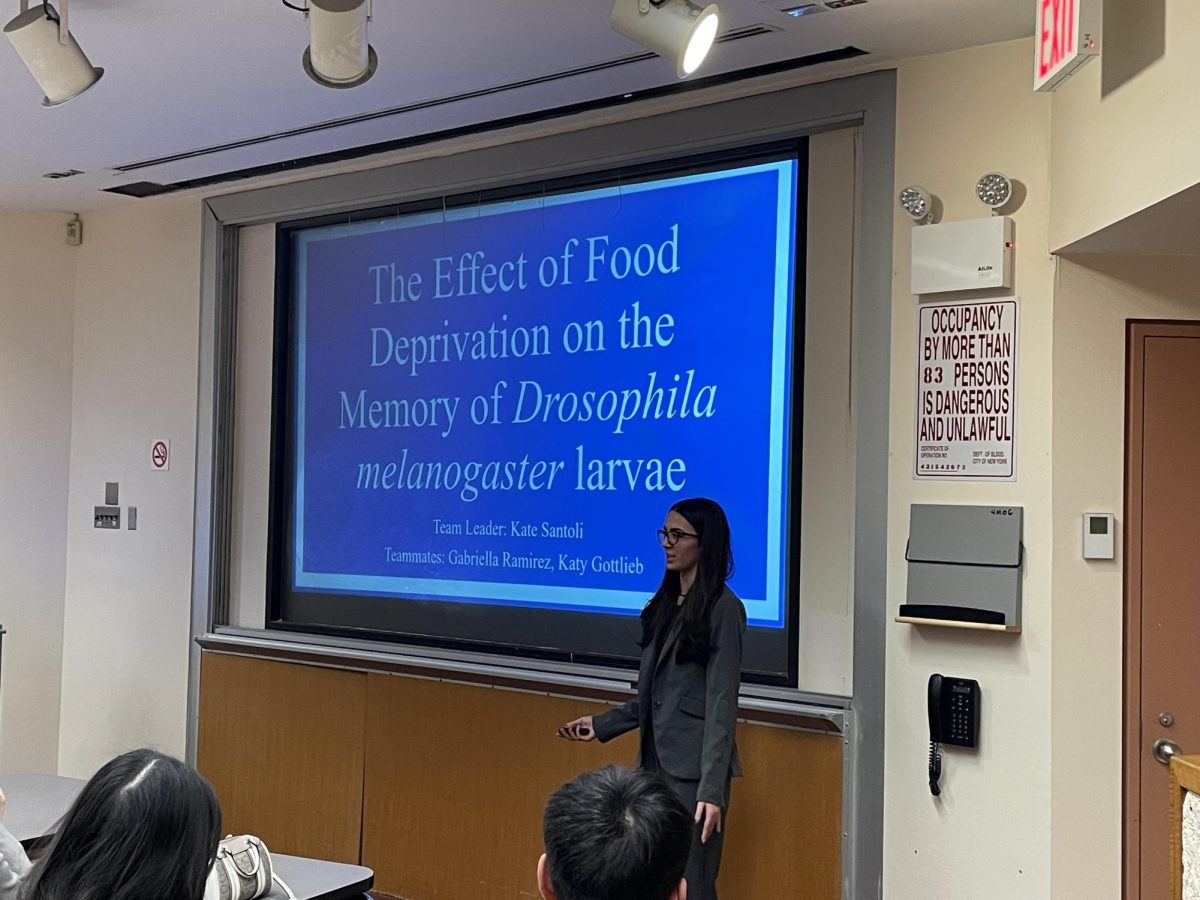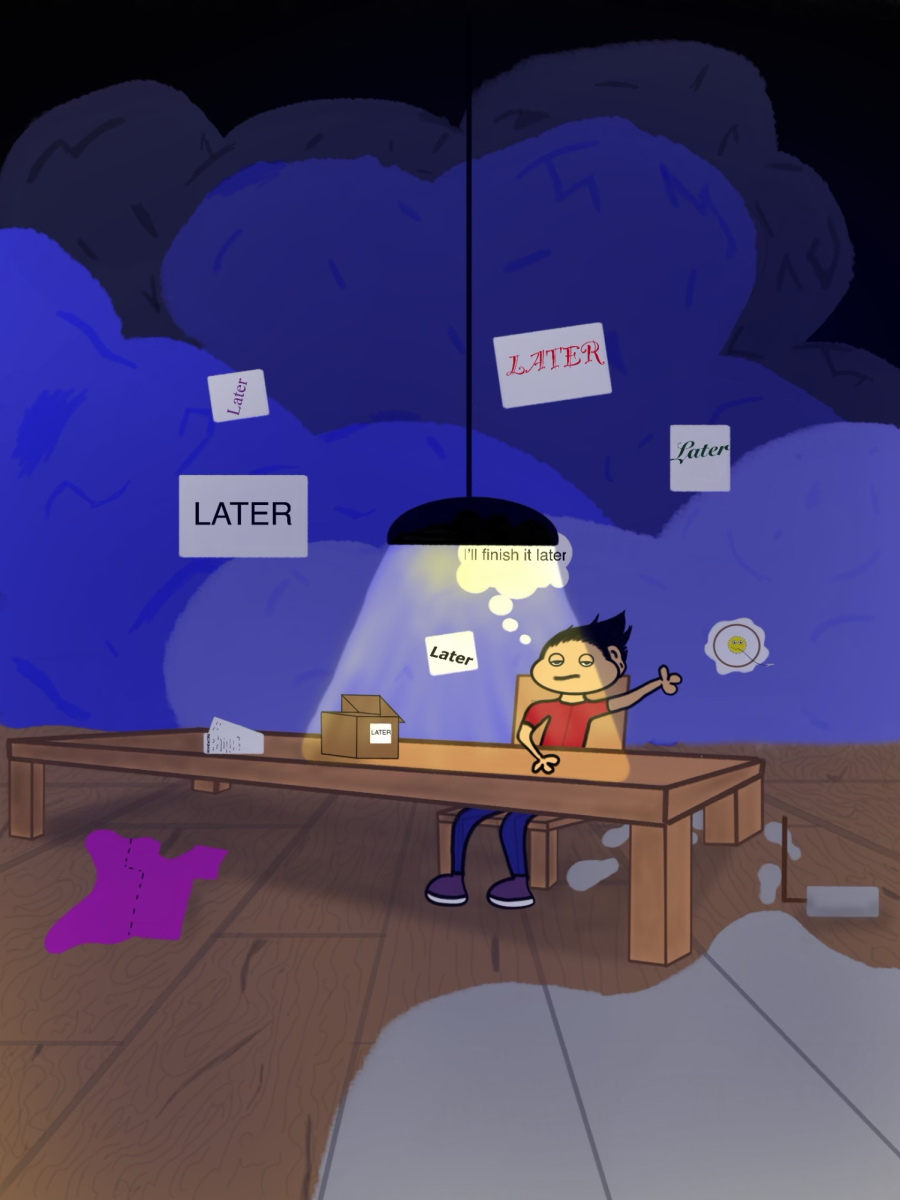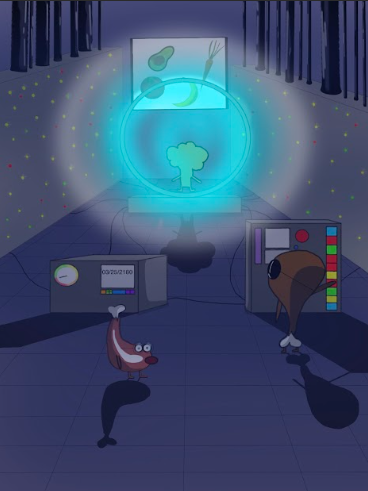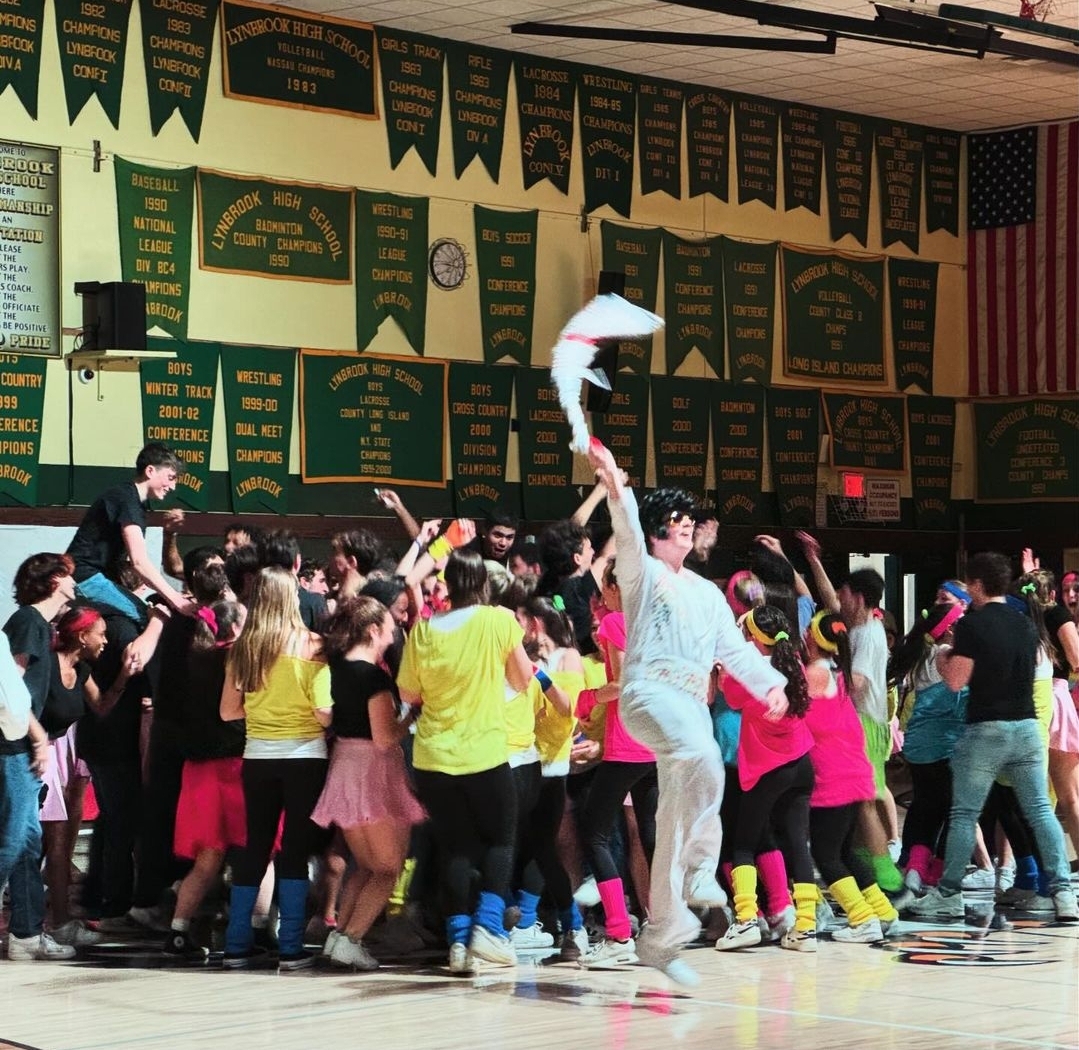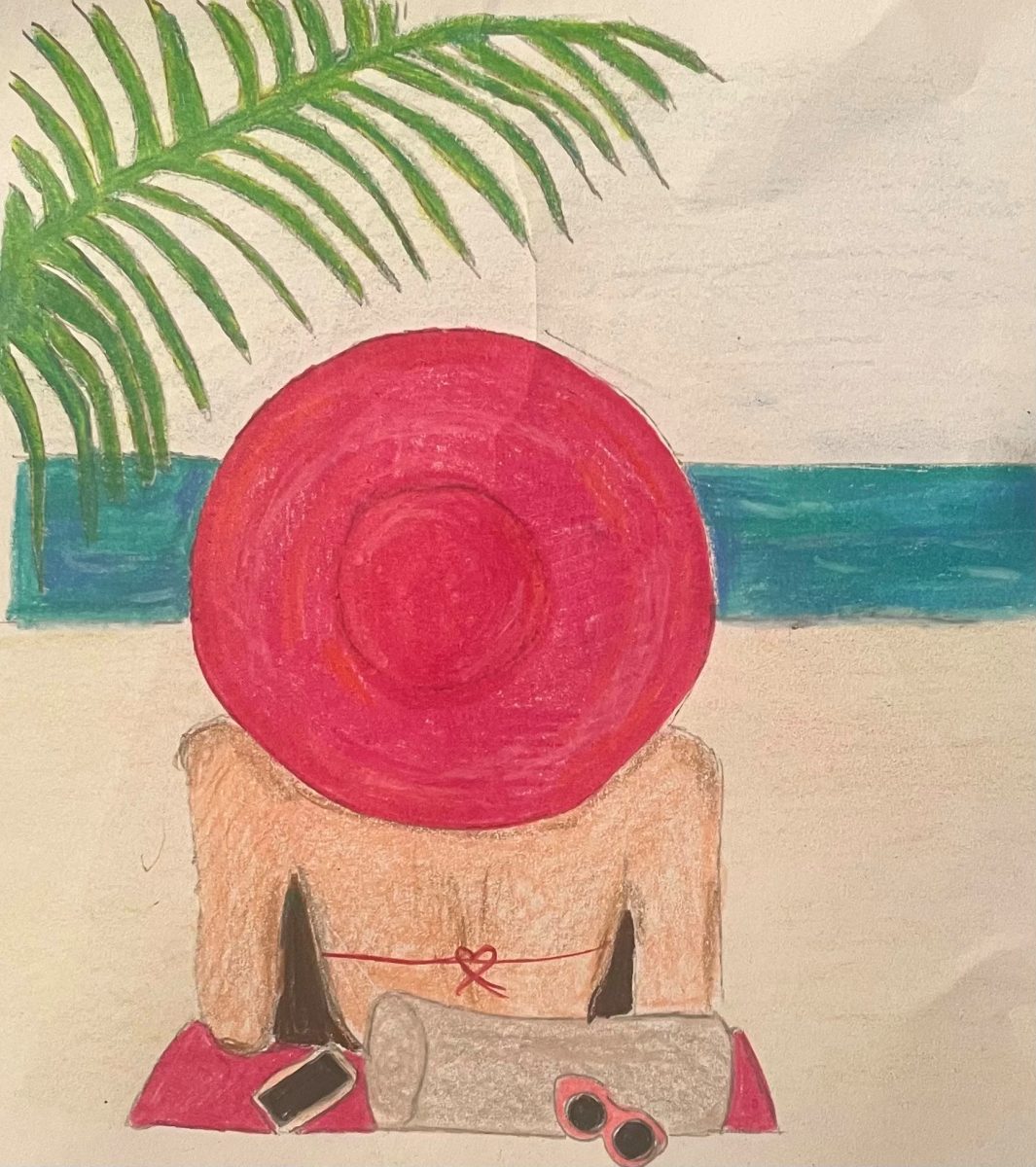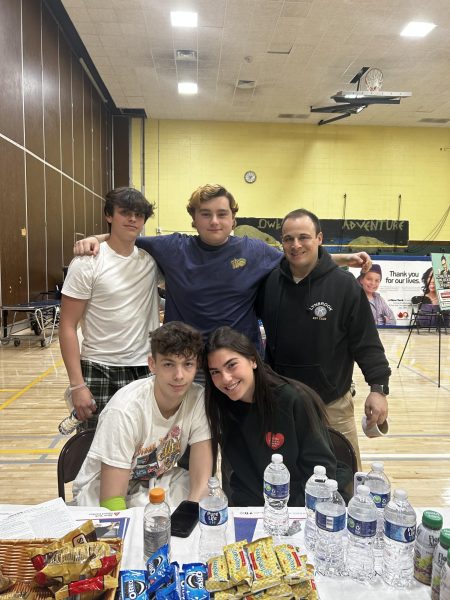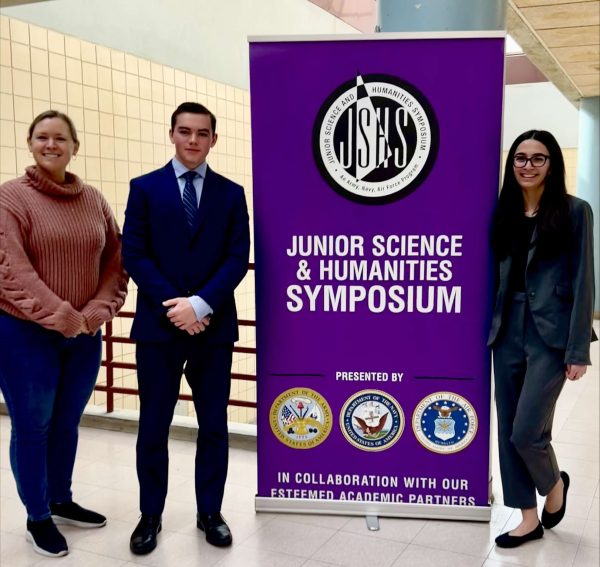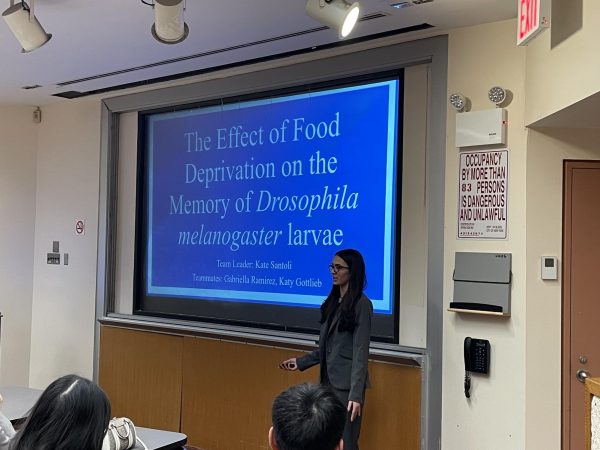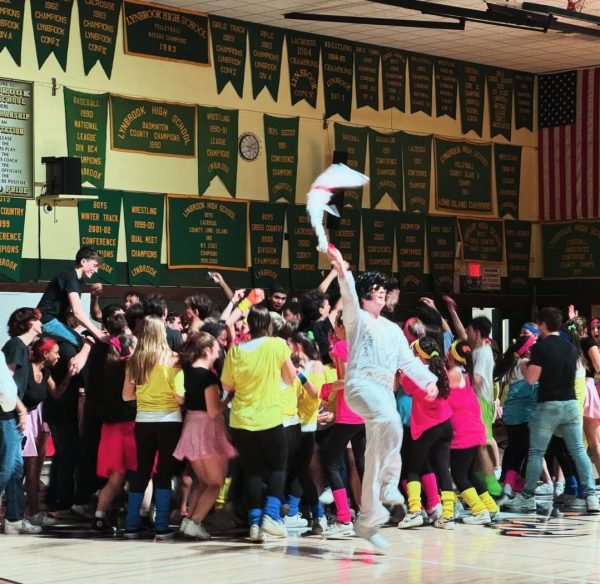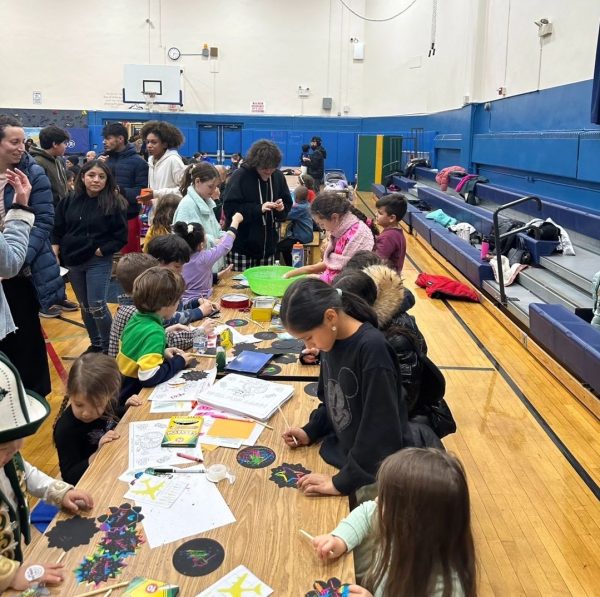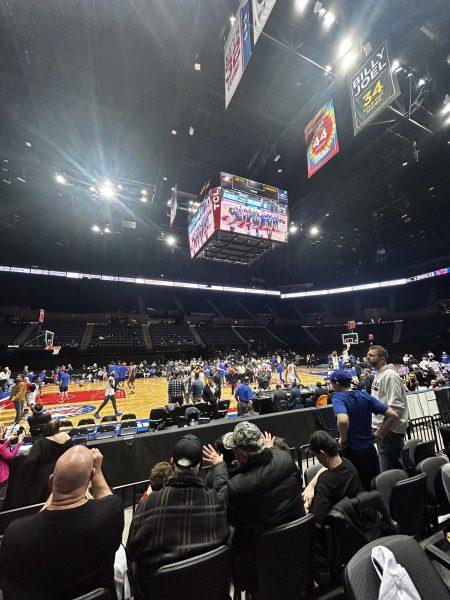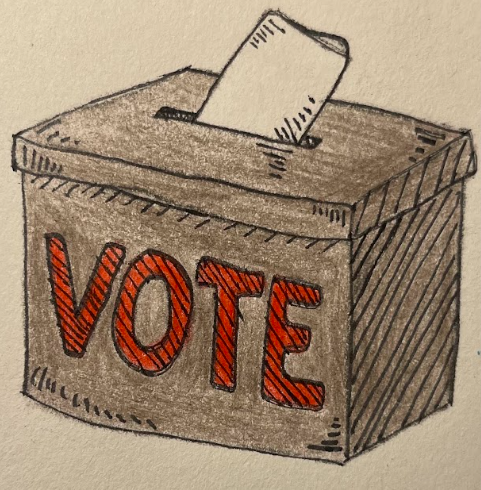CDC’s Nuclear Preparations
The Center for Disease Control and Prevention (CDC) was going to begin informational sessions on surviving nuclear attacks at their headquarters in Atlanta on January 16, 2018.
The proposed presentations were said to be “Preparing for the Unthinkable” and “Roadmap to Radiation Preparedness.” However, the sessions were cancelled, and instead the CDC released information on the recent flu outbreak in a report entitled “Public Health Response to Sharp Increase in Severe Seasonal Influenza.”
The CDC scheduled the sessions of nuclear preparation two days after President Trump released a twitter response to North Korea. In this response, the President claimed he had a bigger nuclear button than North Korea. “Having to think about why the CDC feels the need to prepare us for the event of a nuclear attack is a scary thought,” said Victoria Donovan, a freshman.
In Hawaii, officials have started to test the nuclear warning system that has not been used since the Cold War. Officials from both the CDC and Hawaii have told news networks they think it is important to be ready for anything. The chief of the news media branch in the CDC told CNN the agency “provides for the common defense of the country against all health threats.”
While the CDC has cancelled the nuclear disaster preparation sessions for unknown reasons, there is still available information on its website about survival during a nuclear attack. It is advised that people should go indoors. Staying inside is vital; nuclear fallout is highly dangerous, and the best way to protect oneself is to be inside. People should be prepared to stay inside for at least 24 hours. Christina Franco, a freshman, said, “I feel worried because the CDC suddenly wants to inform us what to do in case there is a nuclear attack.”
Originally, the presentations were intended for briefing all types of emergency responders on what to do if they survived an initial attack and how to help other people. It was to involve people from all parts of the government. “Well, I think it’s not really that frightening because we’ve been exposed to this sort of thing from an early age, and it’s a part of life. Unfortunately, we may need to prepare for such an event,” said Grace Mata, a freshman.
The CDC was asked by several news platforms why the sessions were postponed, but no response was ever received.
I am a member of the class of 2021 at Lynbrook High School. I am a journalism student.

